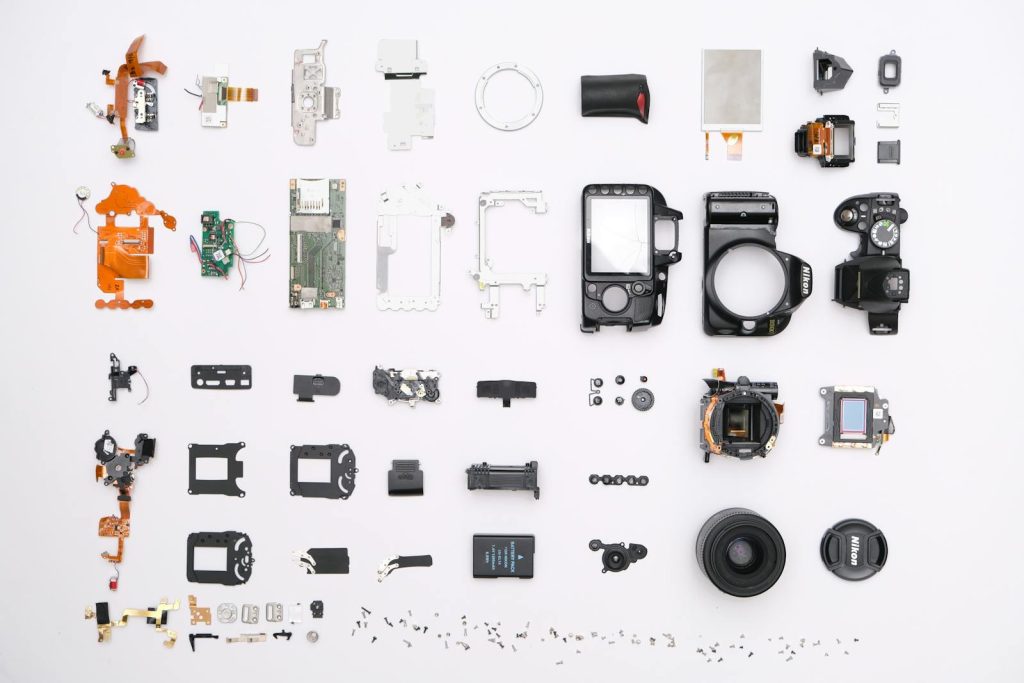One of the often overlooked problems with our dwindling oil future is plastic. As we continue to burn oil in our engines we are using a valuable resource that could be used for durable plastic goods. When the oil runs out, or becomes extremely rare and expensive, how will we manufacture plastics? We rely heavily on plastics for all our products; electronics, transportation, medical technologies, construction, and housing. There are few things today that do not rely on plastics and polymers.
Currently there are a number of technologies that are being developed that use vegetable oils to develop polymers. Many are promising. In the meantime we continue designing and manufacturing internal combustion engines.
Even if we move to corn/sugar ethanol, or even cellulosic ethanol we could be diverting our dependence on gasoline to another valuable resource that could be critical in alternative means to produce polymers. The truth is that we need to consider that burning things for propulsion is not a very efficient means to produce energy.
Combustion is a highly inefficient means to convert matter to energy. There are a lot of byproducts not only in the combustion process but the refining process as well. Additionally the friction and heat exchange of the engine, storage and transportation of the fuels, and the destructive means of extracting the fuels from the ground. It seems to be a pretty expensive way to move cars down the road. Most people don’t realize, but the price you pay at the pump is artificially lowered because the government subsidizes the gasoline industry. And for some time they have been subsidizing the ethanol industry as well. No one knows how expensive these fuels would be without the help of the government’s money.
So because we have committed to this path of consuming non-renewable resources to burn in our engines we may be rapidly eliminating our options for producing the products we have become highly dependent on. We all need to consider how our decisions shape the future, not only for our generation, but our children’s generation. The decisions we make today could have serious unintended consequences down the road.
